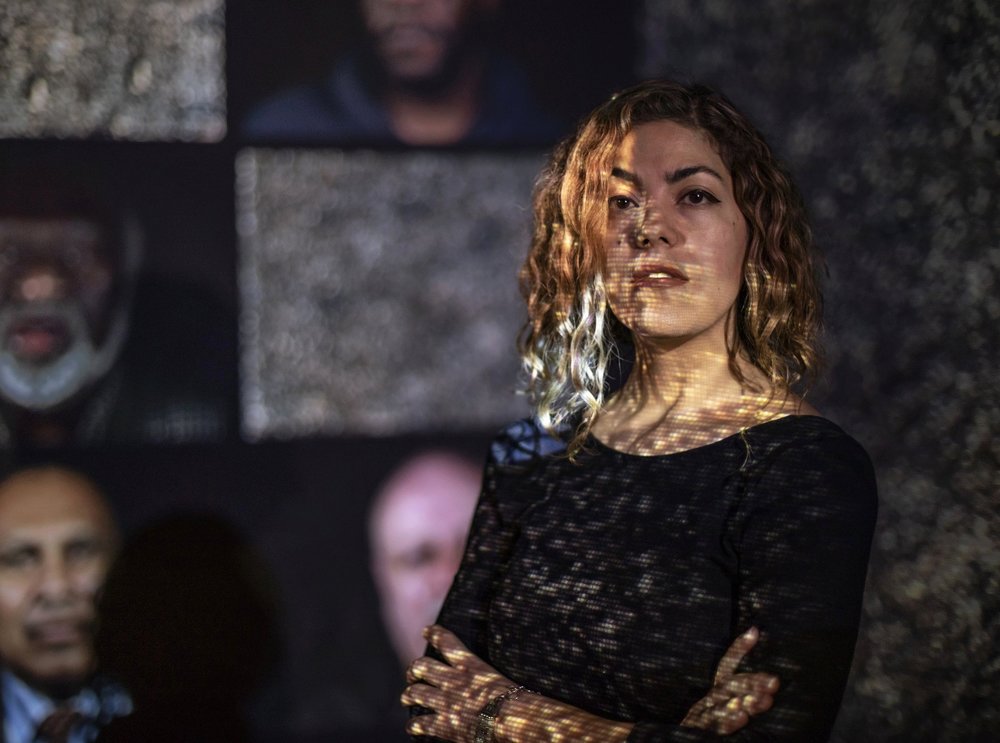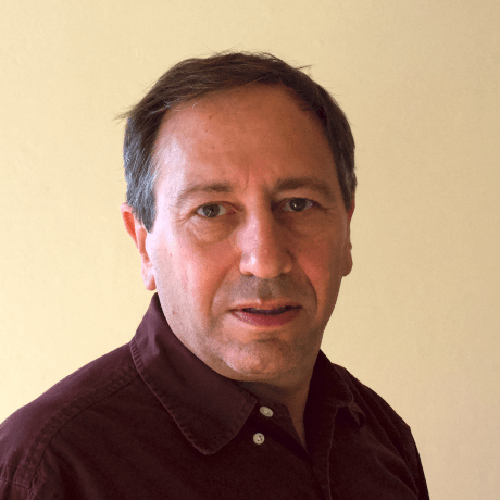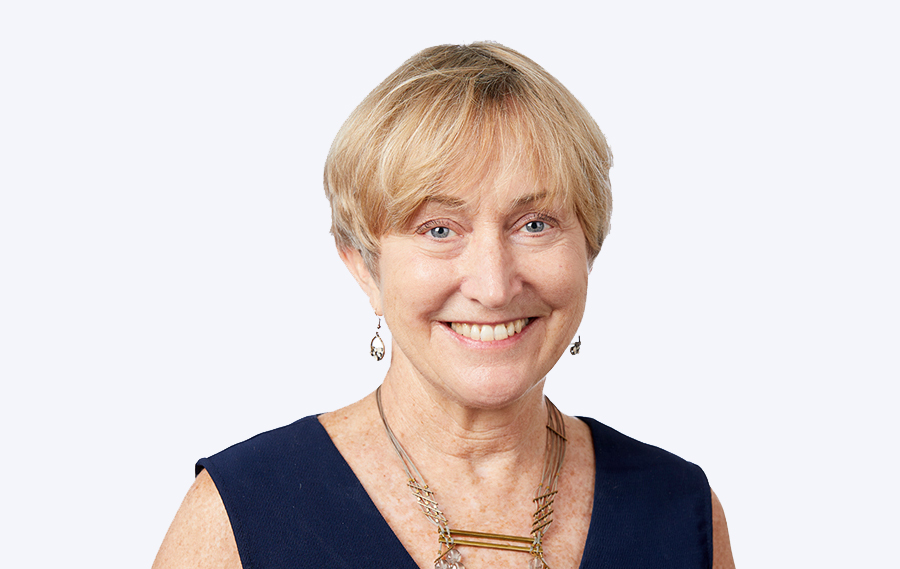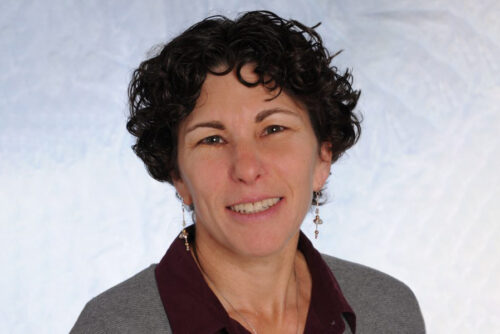How can the disciplines of art and science be integrated to best serve and promote public health?
This panel discussion will address this question and more with panelists from public health, academia, journalism, and film.
Tickets are free and can be reserved here.
Panelists
Rashin Fahandej, MFA
 is an Iranian-American futurist, immersive storyteller, and cultural activist. Fahandej’s artistic initiatives are multiyear experimental laboratories for collective radical reimaginations of social systems, using counter-narratives of care and community co-creation to design equitable futures. Her projects center on marginalized voices and the role of media, technology, and public collaboration in generating emotional connections to drive social change. A proponent of “Art as Ecosystem,” she defines her projects as “Poetic Cyber Movement for Social Justice,” where art mobilizes a plethora of voices by creating connections between public places and virtual spaces. She is Assistant Professor of Immersive and Interactive Media at Emerson College.
is an Iranian-American futurist, immersive storyteller, and cultural activist. Fahandej’s artistic initiatives are multiyear experimental laboratories for collective radical reimaginations of social systems, using counter-narratives of care and community co-creation to design equitable futures. Her projects center on marginalized voices and the role of media, technology, and public collaboration in generating emotional connections to drive social change. A proponent of “Art as Ecosystem,” she defines her projects as “Poetic Cyber Movement for Social Justice,” where art mobilizes a plethora of voices by creating connections between public places and virtual spaces. She is Assistant Professor of Immersive and Interactive Media at Emerson College.
Daniel Grossman, PhD
 is a Pulitzer Center Rainforest Journalism Fund Grantee and has been a science journalist for 30 years. He has reported from all seven continents including from within 800 miles of both the south and north poles. Daniel has produced radio features and documentaries for U.S. public radio, the Australian Broadcasting Corporation, Deutsche Welle radio, the BBC, and the Canadian Broadcasting Corporation.
is a Pulitzer Center Rainforest Journalism Fund Grantee and has been a science journalist for 30 years. He has reported from all seven continents including from within 800 miles of both the south and north poles. Daniel has produced radio features and documentaries for U.S. public radio, the Australian Broadcasting Corporation, Deutsche Welle radio, the BBC, and the Canadian Broadcasting Corporation.
He has written for The New Yorker, National Geographic, The New York Times, The Guardian, The Boston Globe, The Washington Post, Discover, Scientific American and Science.
Lois McCloskey, MPH, DrPH
 is Associate Professor of Community Health Sciences at Boston University School of Public Health. Her public health career began 30 years ago as an applied anthropologist and educator of community health workers in Nepal. The work inspired her lifelong concern with the health care of women and their infants, particularly in communities that are under-served. In both international and domestic settings, her work focuses on the disconnects between the lives of women and the health care systems meant to serve their needs across the life course and proven strategies for engaging and activating women to be full partners in their reproductive health care and planning.
is Associate Professor of Community Health Sciences at Boston University School of Public Health. Her public health career began 30 years ago as an applied anthropologist and educator of community health workers in Nepal. The work inspired her lifelong concern with the health care of women and their infants, particularly in communities that are under-served. In both international and domestic settings, her work focuses on the disconnects between the lives of women and the health care systems meant to serve their needs across the life course and proven strategies for engaging and activating women to be full partners in their reproductive health care and planning.

